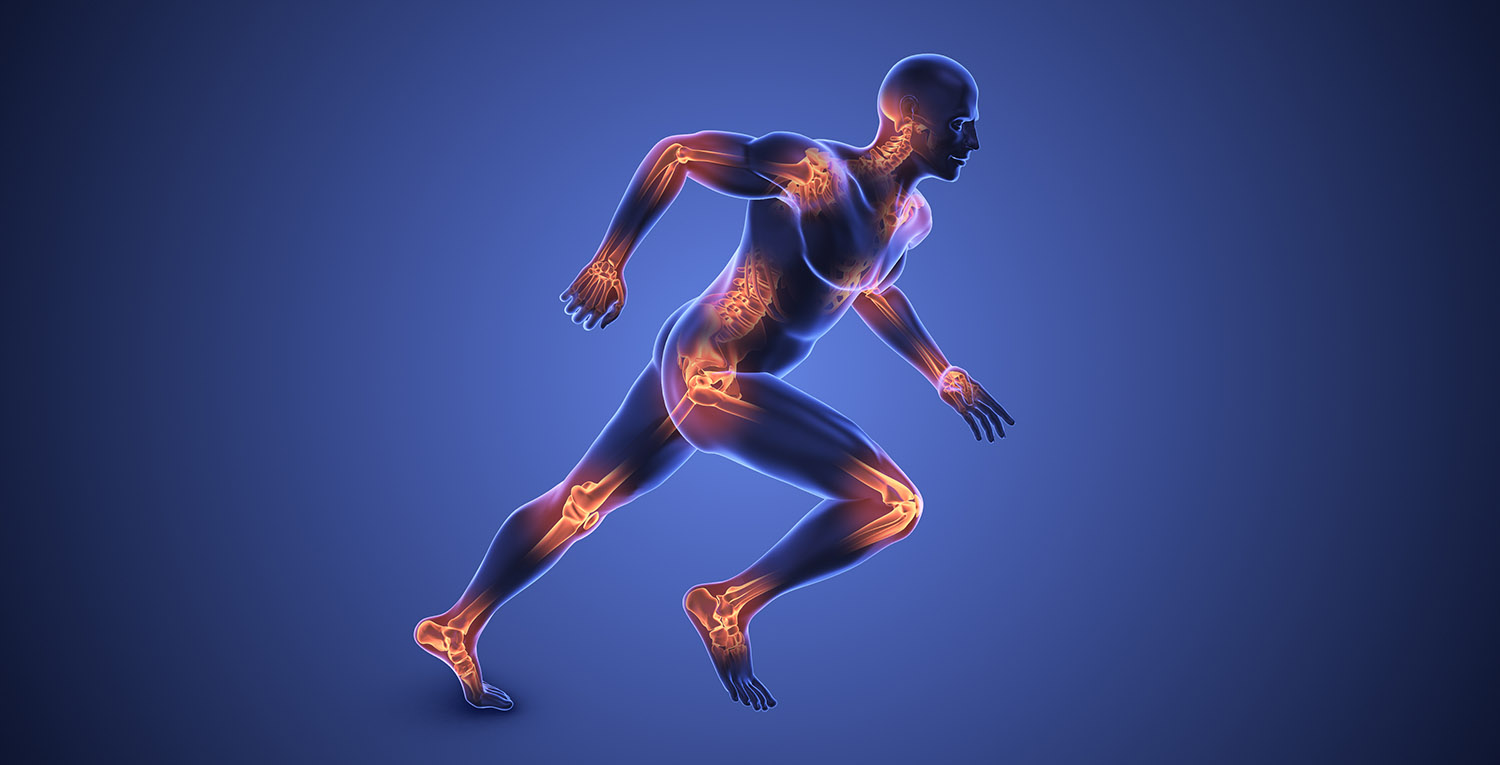If you are a medical professional, you’re likely to be well-versed in how opioids affect the body. For those who aren’t or would like a refresher, we present this information.
Because opioids are narcotics, meaning they are drugs that act as a depressant, they have a major impact on the central nervous system. Opioids are produced from opium, which comes directly from poppy plants but can also be produced synthetically and developed into a number of different drugs. Some of the most commonly used opioids today are heroin, fentanyl, oxycodone, hydrocodone, codeine, and morphine. All these drugs are highly addictive and cause significant changes to the mind and the body when they are abused for a prolonged period of time.
What Happens to Your Body When You Become Addicted
Humans have a number of opioid receptors in the brain, and these receptors serve as active sites for many of the different kinds of opioids, morphine, and heroin, for example. Opioids work by attaching themselves to various receptors in the brain and mimicking the same kind of pain-relieving chemicals which your body produces on its own.
These addictive drugs will bind to opioid receptors throughout the body, including the brain and the spinal cord, and they serve to block the sensation of pain you would ordinarily feel. Thus, opioids trigger a strong feeling of well-being and possibly euphoria. Eventually, people who continue to use these opioids will develop a greater tolerance for the drug, and that means they’ll need more and more of it to achieve the same relief.
 Some individuals who continue to use opioids will experience symptoms that are equivalent to withdrawal, including insomnia, irritability, nausea and vomiting, abdominal cramping, anxiety, and muscle aches. Prescription opioids can be extremely dangerous because they impact your brain’s reward systems, and generally provide you with a pleasant, euphoric feeling. It is entirely possible to become addicted to opioids even if you’re only taking the exact amount which is prescribed by your doctor.
Some individuals who continue to use opioids will experience symptoms that are equivalent to withdrawal, including insomnia, irritability, nausea and vomiting, abdominal cramping, anxiety, and muscle aches. Prescription opioids can be extremely dangerous because they impact your brain’s reward systems, and generally provide you with a pleasant, euphoric feeling. It is entirely possible to become addicted to opioids even if you’re only taking the exact amount which is prescribed by your doctor.
Unfortunately, these dangers can be increased by not following a doctor’s prescription, or by combining them with alcohol or other drugs. Opioids are often prescribed for the treatment of back pain, neck pain, or almost any kind of injury which may have recently occurred. For the most part, they are relatively safe when taken exactly as directed by your doctor and should not lead to abuse or addiction. Anyone who uses opioids and feels like they are growing more tolerant to it, or perhaps developing a mild addiction, should immediately contact their medical professional and discuss using some form of alternative medication.
An alternative to opioids
There is a much safer alternative to using opioids whenever you have encountered serious pain or discomfort for some reason. The medical professionals at OrthoLazer provide proven, effective pain relief which is non-addictive and is delivered through laser therapy. This system was developed by the world’s first opioid-sparing surgeon, Dr. Scott Sigman, and will be a much safer and more effective treatment for pain than opioids while providing excellent pain relief.
OrthoLazer Orthopedic Laser Centers offer patients and their doctors an innovative and effective alternative pain management option to treat acute and chronic orthopedic conditions. Founded by Dr. Scott Sigman – the original opioid-sparing surgeon – OrthoLazer Centers further his mission of providing his patients non-operative and non-opioid treatment options. If you’d like more information about OrthoLazer, please visit our website at ortholazer.com.





